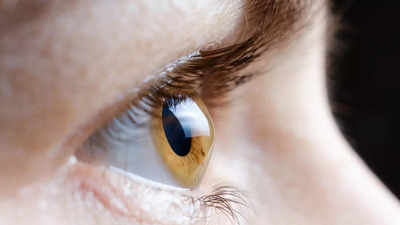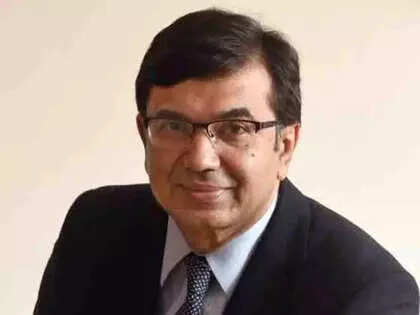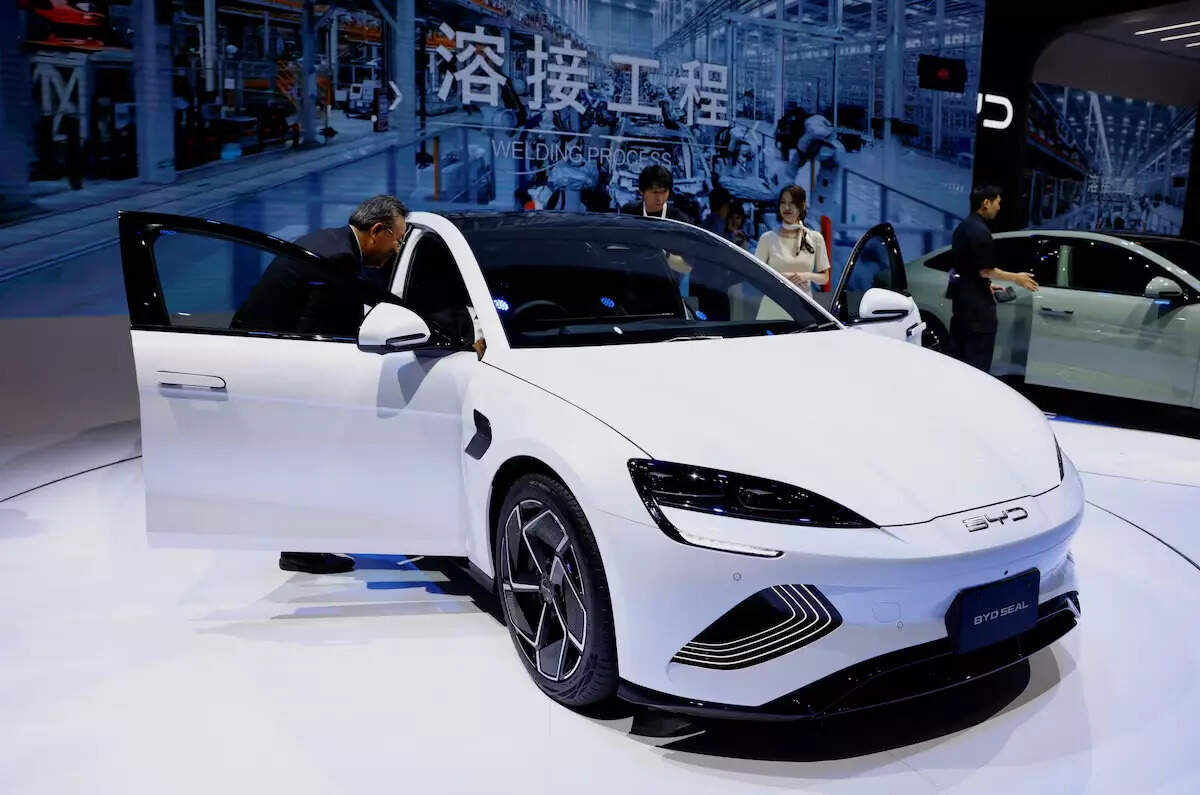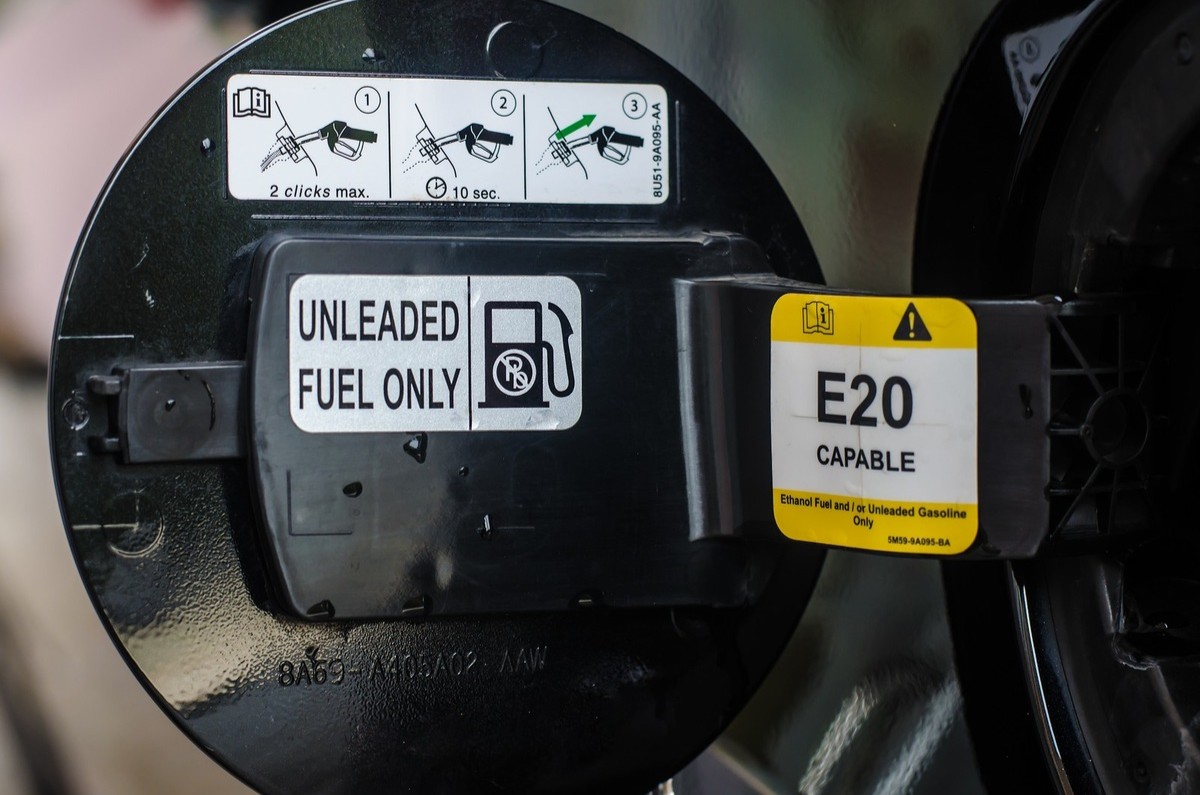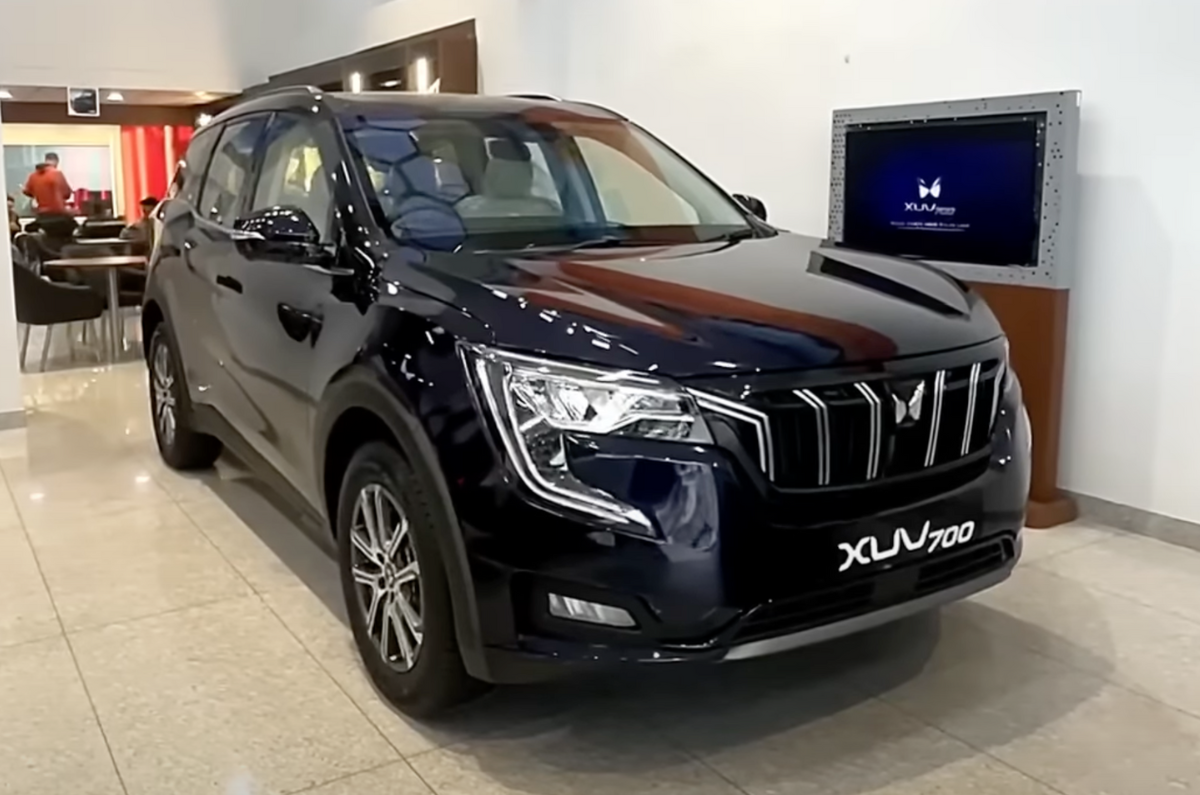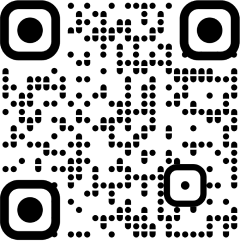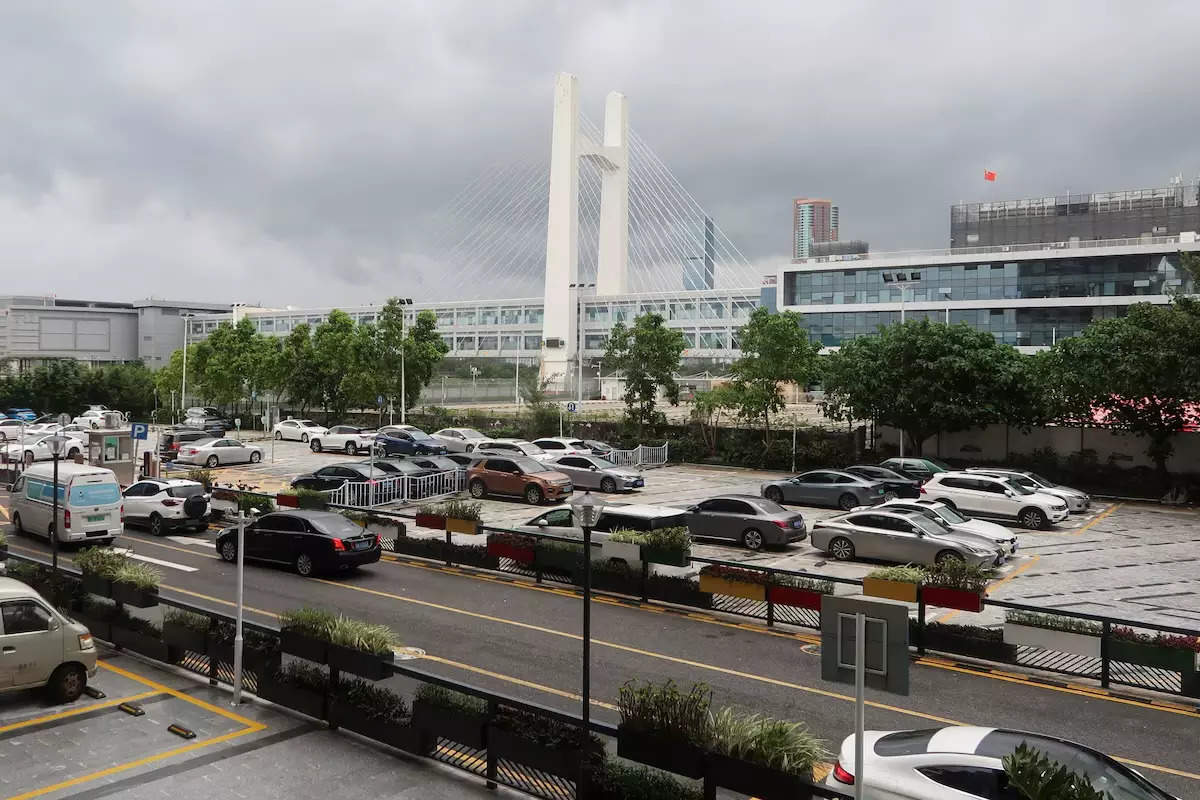 For the whole of 2025, NEV sales are forecast to account for 57% of overall car sales, up from 47% last year.
For the whole of 2025, NEV sales are forecast to account for 57% of overall car sales, up from 47% last year.China’s car sales fell 12% in January from a year earlier, the first decline since September and the biggest drop in almost a year, as automakers braced for intense competition in the world’s largest auto market.
Passenger vehicle sales tend to post big swings in the first two months, due to shifting timings for the Lunar New Year, which began in January this year versus February last year.
Some of this year’s demand may have been frontloaded as automakers raced at the end of 2024 to meet annual sales targets while consumers rushed to take advantage of government subsidies before a subsidy extension was announced last month, said analysts.
Sales of electric vehicles and plug-in hybrids, known as new energy vehicles, grew 10.5% on the year to make up 41.2% of total sales, the second straight month that NEVs failed to outsell gasoline cars, data from the China Passenger Car Association (CPCA) showed on Tuesday.
“The run-up to the Lunar New Year is traditionally a peak season for car purchases in rural areas, with demand coming mostly from first-time buyers and gasoline vehicles making up a larger proportion,” said Cui Dongshu, secretary-general of CPCA.
For the whole of 2025, NEV sales are forecast to account for 57% of overall car sales, up from 47% last year.
As the world’s largest auto market is set for slower sales this year despite extended subsidies, electric vehicle giants including BYD are competing on a price war for the third year in a row.
BYD on Monday slashed entry prices for EVs with advanced autonomous driving features to as low as $9,555, far undercutting competitors such as Tesla.
Tesla extended discounts and financing incentives in China, while Xpeng and Nio followed suit with zero-interest financing of up to five years for some models.
Car exports had a tepid start, rising 3% to 380,000 units in January from the prior year, and slowing from 6% in December, per CPCA data.


